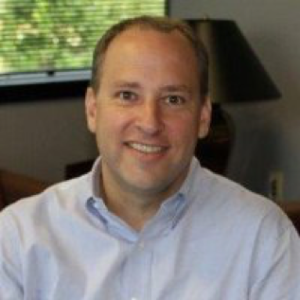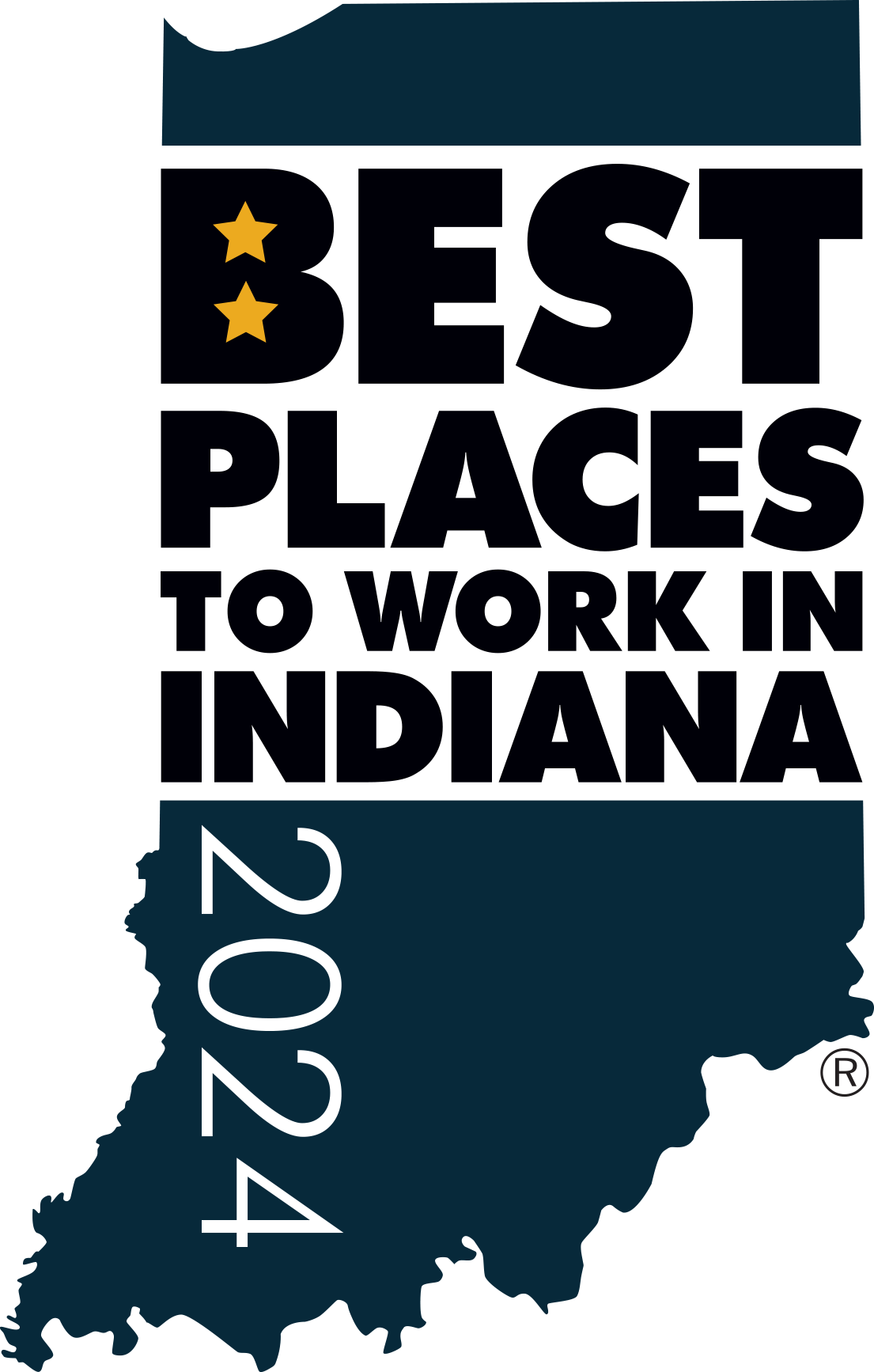Indy CFO Spotlight – John Oblazney

I recently sat down with Herff Jones Chief Financial Officer John Oblazney to discuss his career and learn more about how he has become arguably one of the top CFOs in Indianapolis. Although it was late afternoon, Oblazney had already worked close to 12 hours, and was planning to squeeze in nine holes afterwards before calling it a day.
KB: Thanks for making the time to chat.
JO: My pleasure.
KB: Walk me through your career. How’d you get to “here”?
JO: I graduated from college and took a job with Coopers & Lybrand (now PwC) in Detroit. After three years there, I joined the Financial Leadership Development Program at Cooper Industries in Houston Texas and soon found myself as the Plant Controller of a one million square foot manufacturing facility in Syracuse, New York. While I was there, that facility went through a three-year lean transformation which changed the way I viewed the world; it taught me the importance of adding value every day. I was with Cooper for seven years, during which I was promoted to Group Controller and I earned my MBA from Syracuse. I then was recruited and hired by United Technologies – Carrier Division. Things at UTC also moved fast and I became one of the youngest finance executives in the company. UTC moved my family from Syracuse to Indianapolis to transform the finance organization there and oversee a major product overhaul that the company was going through. One of my goals was to become a public company CFO, so when HURCO came calling in 2006, it was an opportunity I couldn’t say “no” to. The opportunity to be CFO of a publicly-traded, global company – based in Indianapolis – was perfect for me. HURCO was a great experience and I learned a ton; especially as we guided the company successfully through the Great Recession and expanded into new global markets. After eight years there, I had developed my Corporate Controller to the point where she was ready to be a CFO. So I exited HURCO and took the President’s job at Quality Printing (now OnePoint). We grew the company and had a successful acquisition there and then I was approached by CharlesBank about becoming the CFO at Herff.
KB: You’ve had some great jobs in this market.
JO: I’ve been blessed.
KB: What intrigued you about the Herff role, and how are you enjoying it?
JO: This is my first private equity experience, and I have to say it’s my most enjoyable and fulfilling experience I have had at this point in my career. In private equity, it’s not about winning the sprint; but about winning the marathon.
KB: What do you mean by that?
JO: In a public company, there is so much energy and effort expended to make the quarterly number, versus constantly focusing on building a great company and creating long term value. An increased amount of momentum can be gained when you are not dealing with end of quarter distractions, lengthy reporting requirements and increasing regulations.
KB: How have you built your reputation as a CFO?
JO: It’s really not about me. It’s about my people. Everywhere I’ve been, I’ve approached it as “I’m here to develop a world-class team.” So it becomes about finding the best talent and then giving them the tools and the environment to maximize their full potential. That’s when great things happen.
KB: Well said. So let’s talk about people. CFO’s tell me all the time that they want me to bring them “A-Players”. But as a practical matter, most of them have a very hard time actually hiring “A-Players.” What’s your reaction to that?
JO: A-Players want to work for other A-Players. A-Players want a path and someone they can believe in. They want to drive change. All the time, I hear other CFO’s say, “Our company is too small to attract A-Players and develop people.” I don’t believe that. Other times, I’ll hear a finance leader say, “We don’t need somebody that good in this role.” Are you kidding me? Any finance leader that says that needs to find something else to do. A CFO owes it to their company, their customers and their stakeholders to make room for those kinds of people. Small companies have a greater ability to expose A-Players to more things and give them a greater scope than larger companies sometimes can offer. Many of my people have gone on to become General Managers and operational leaders in Indy and across the globe. If you don’t have a bigger vision for people on your team and the company, then you shouldn’t expect them to.
KB: What about compensation? That’s a frequent obstacle CFO’s encounter when looking to hire the best talent. They say they want to hire the best, then tell me they can’t afford them.
JO: I view compensation as a basic need, but A-Players will work for market rate if what you offer non-monetarily is attractive enough. Again, if you’re not serious about your vision and making your company great, you don’t deserve an A-Player. You often can’t guarantee them specific opportunities or timeframes, but you can guarantee them that working for you will better prepare them for what’s next than working for anyone else. Your job is to help them maximize their true potential which then positions themselves for maximum marketability – inside or outside your company. You guarantee them what you can control, which is making them great. That allows you to unlock more value in your company than you could otherwise without A-Players.
KB: You just referenced the reality that A-Players leave organizations. How do you retain them as long as possible?
JO: Retaining them is never about the pay. I believe people don’t leave jobs; they leave bosses, environments filled with C-Players and environments with too much ambiguity and too little vision.
KB: Very few CFOs have an entire staff of A-Players. It’s normally a Bell Curve. What’s your secret to developing those people and making them better?
JO: First, let’s define an A-Player so we’re speaking the same language. An A-Player is someone in the top 10% of talent available for a job. B-Players are the next 25%, and C-Players are the bottom 65%. You have to start by identifying them as an A-Player and finding out what motivates them. They will want to grow personally as well as professionally. You must cast a vision and provide clear direction. I help them to become accountable, provide a path and the environment to help them succeed. I’m willing to tweak someone’s job or move them to a role that better fits their strengths. Additionally, I’m available to them. I have a rule that if you’ve ever worked for me, I’m available to you at any time. Those people can reach out to me and ask me anything. They respect that, and they don’t abuse it. And I get calls from people all over the world who are doing really cool things in their life and their careers.
KB: What do people want from a CFO?
JO: They want clarity. Organizations need clarity. What are we going after? What does success look like? A lot of the time, people are caught in the grind…just doing “stuff.” They want leadership. They’re not looking for a boss; they’re looking to be part of something bigger than themselves. Additionally, everyone wants and needs a business partner.
KB: Business partner. You’ve achieved that status everywhere you’ve been. But I would argue that most CFO’s never get there. What’s it take?
JO: Honestly, you become a business partner by doing and adding value. If you add value, people get out of your way and become supportive very quickly. And you have to understand that you don’t fix problems sitting in your office. One of my mentors…anytime there was a problem at one of the operations…he immediately jumped on a plane and went there. Stuff got fixed, and he became a legend in the company. He’s been gone for several years, and his name still comes up.
KB: What quote do you think belongs on a billboard?
JO: “Thinking is the hardest work there is, which is the probable reason so few people engage in it.” – Henry Ford
KB: What’s your favorite movie?
JO: I have two. Moneyball because it is about using data analysis to attack and solve a historical problem differently. It is so relevant for business today. And Caddyshack. I just played in a Pro Am and Stuart Appleby quoted Caddyshack five times during the round. It is a Classic.
KB: What advice would you give your younger self?
JO: Don’t be reckless, but take smart risks. Some of the absolute best things I’ve ever done have been the scariest at the moment of decision, but the smartest in the long run. Stepping out of your comfort zone every day is how you grow. Train yourself to love living outside your comfort zone. Life is so much more exciting.
KB: John, thank you for your time and the insights. You need to get over to the golf course.
JO: You’re right. I need to go.

